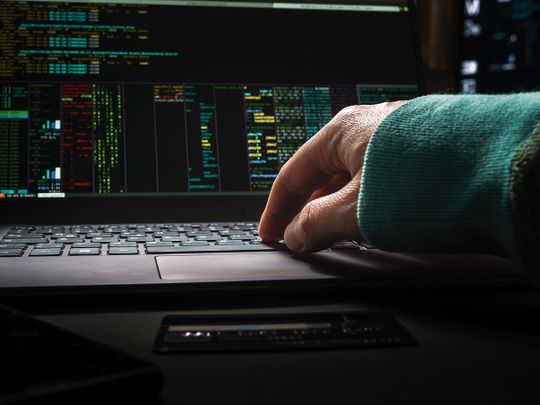
Dubai: Are you thinking about posting a vacation picture with your family? As you tap the ‘Post’ button, you might believe there is nothing harmful in sharing memories with your followers. Unfortunately, hackers can use your photos to steal personal information.
The UAE’s Cyber Security Council (CSC) recently shared a series of posts raising awareness against the risks of oversharing personal photos and videos online. They advise managing privacy settings, using strong security measures, and carefully considering what you post.
According to CSC, your posts could be vulnerable to unauthorised access, theft, and misuse. Here are a few online safety guidelines from the authority:
Not just a selfie
Did you know that a simple selfie can allow hackers to gather a lot of personal information? According to CSC, here are the details they can obtain:
• Gender• Age
• Biometric data
• Location data
• Job position
• Medical details
• Unique Identifiers
Six dos and don’ts to follow
Do:
• Protect your photos and videos with encryption and strong security features when stored on your phone. To do this, you can go into your phone’s security settings, and set up a locked folder that can only be accessed once you enter a passcode or with facial scanning.
• Control who can access your content by reviewing and updating your privacy settings.
• Remove sensitive information that might be attached to your photos and videos (for example licence plates or residential address).
Don’t:
• Don't share sensitive photos or videos online to avoid losing control over who can see them.
• Don't automatically sync your visual content with a cloud software to prevent unintended exposure.
• Don't use weak or reused passwords to avoid making your accounts vulnerable to attacks. The CSC recommends users to aim for a 12-character password
with combination of different symbols numbers and it should also be updated regularly.
Why is it crucial to protect your social media?
If you overshare on social media, exposing private details about your life, like your family, location, or job, you could fall victim to serious online crimes, CSC warned. If the wrong person gains access to them, significant threats await, like:
• Identity theft - cybercriminals can exploit personal information in your media to steal your identity.
• Blackmail and extortion - sensitive content can be weaponised to blackmail or extort you.
• Cyberbullying and harassment - your images or videos can be misused to harass, bully, or defame you online.
• Security threats - exposure to sensitive visual media can pose significant personal and professional security risks.
By following these basic tips, you can stay vigilant and mindful of your online presence to protect your media from falling into the wrong hands.










